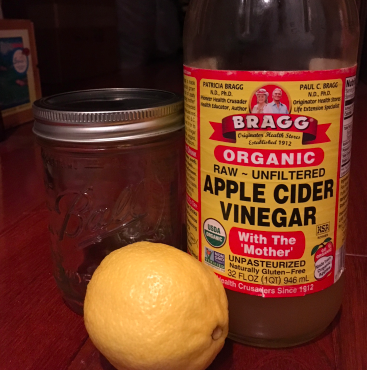By Alecia Sexton
Layout Manager
The holiday season comes equipped with a whole new menu of foods that some of us look forward to all year. Turkey, ham, mashed potatoes, stuffing, and seasonal veggies somehow find their way to our dinner plates and eventually into the refrigerators and freezers of our dorm rooms. However, the worst feeling in the world for some of us is when we keep that last slice of pumpkin pie from Thanksgiving dinner in the fridge, saving it for the perfect moment, only to find out in that perfect moment that its gone bad and smells like some form of penicillin. The same stands true for other cherished holiday food items.
To help keep those beloved dishes edible for more than a week, below are a few hacks that may help:
1) Invest in mason jars: mason jars have a suction seal cap that keeps most air from getting inside. Before leaving home, put whatever kind of food or drink you want such as fruits, meats, veggies, or cocoa into a clean mason jar and get it into a refrigerator ASAP.
2) Store leftovers on the top shelf: often times we throw things on the doors of the fridge because it’s easy, however this is the warmest part of the fridge and also the part where bacteria are most likely to grow. The top shelf is coldest and will prevent bacteria from colonizing.
3) Squeeze some lemon or drizzle apple cider vinegar on top of dishes: these two products are natural antibacterials and will help keep your beloved dishes fresh. Beware, though, the last thing you want is the strong taste of apple cider vinegar mixing with your pumpkin pie, so pick and choose which natural preservative to drizzle over dishes wisely. This can extend the shelf life of food for up to two weeks if done properly.
4) Freeze it: The colder the better. Freezing foods halt the aging process and ensures freshness. It’s best to consume frozen dishes within three months. When reheating, be sure to sprinkle some water on top to prevent foods from getting too dry. DO NOT freeze in glass. Due to its natural makeup, glass is more likely to break once frozen then thawed. Choose freezer bags instead and try to pack them tight with little air inside for best results.
5) Size it right: When storing any kind leftovers in either the refrigerator or freezer it’s best to put them in small containers so there’s less air to dry it out and promote bacteria growth.
6) Timing: The sooner the better. If you know that you want to take some of mom’s mashed potatoes back to your dorm room, scoop some right out of the pot and into a ziplock bag as soon as possible and into the fridge. This will minimize exposure to air and ensure maximum freshness.
I hope this helps all you foodies out there keep some of your most cherished dishes edible for a few weeks longer. Happy holidays, everyone!




Be First to Comment